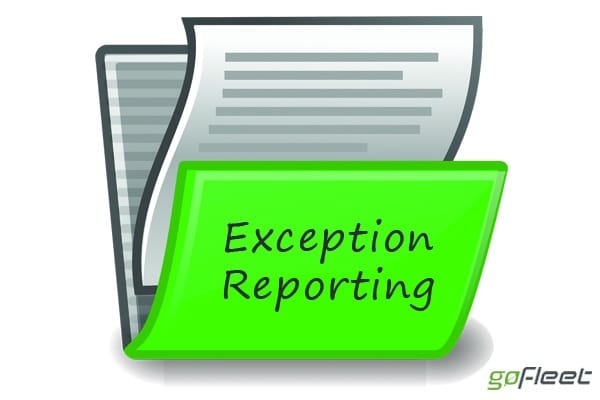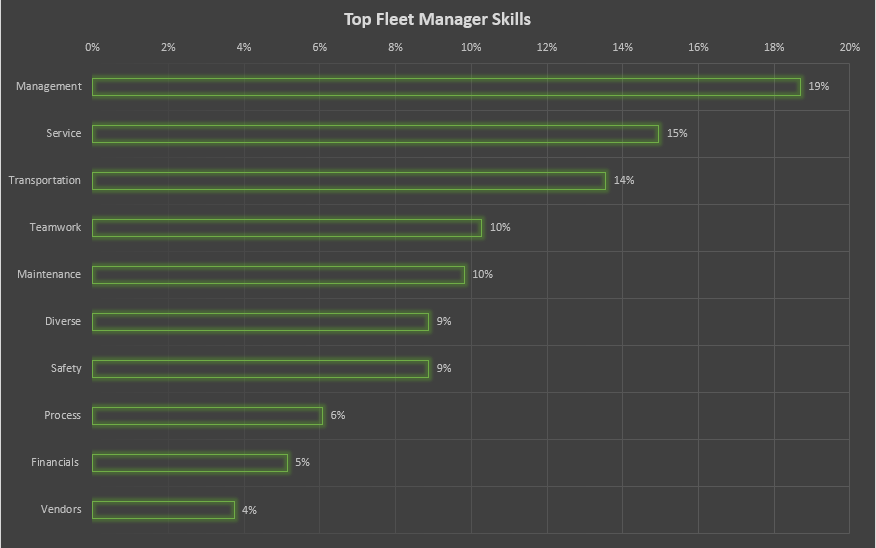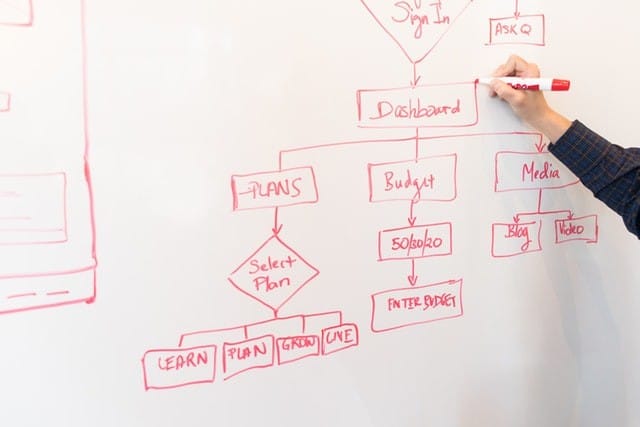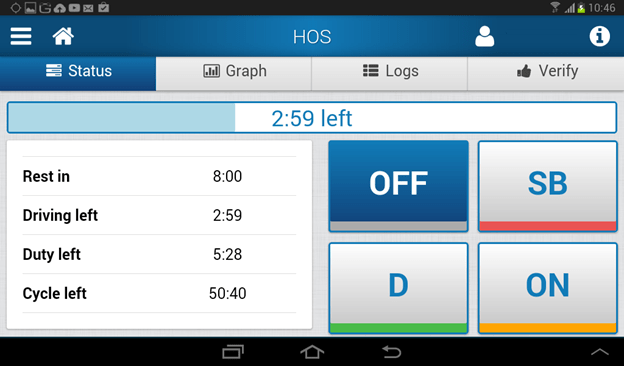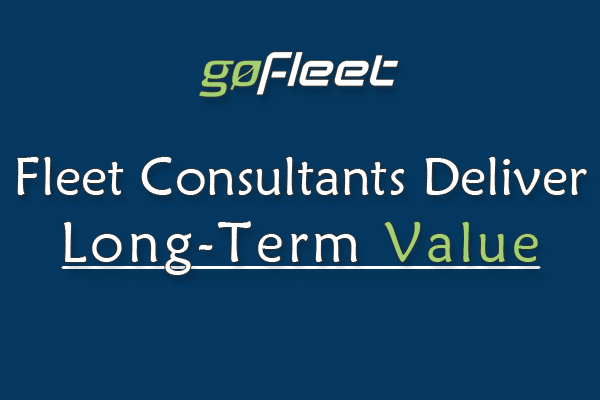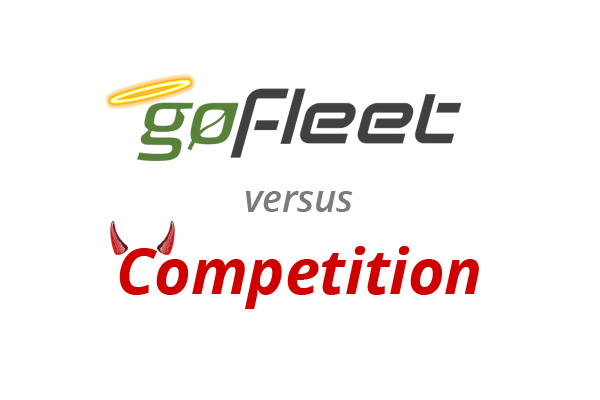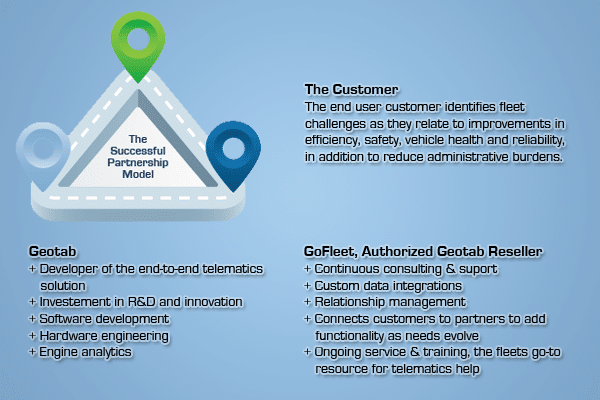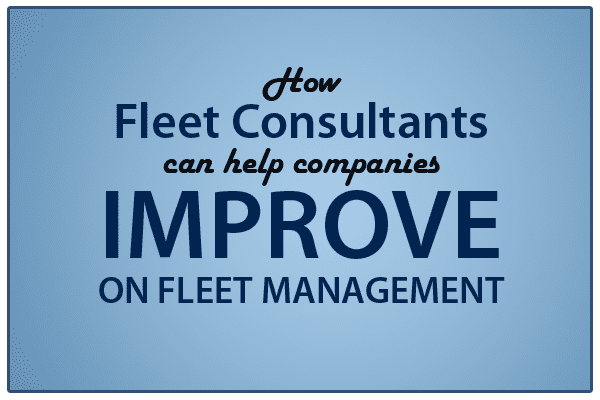Successful Salespeople: 15 Common Characteristics
A successful salesperson has a special set of characteristics that are used to make sales. Some people have natural talent; however, these characteristics can be learned for anyone to be successful. According to The 15 Characteristics of People Who Succeed at Sales, a successful salesperson has the following traits:
1. Conscientiousness
The majority of successful salespeople are conscientious. They take a lot of pride in their job, they are organized and they are efficient. They will continue to do their best at their job no matter what happens.
2. Initiative
Successful salespeople do not wait to be told what to do, they are go-getters. They will constantly strive to keep doing what is necessary to sell a product.
3. Respect
Top salespeople respect the customers. It is extremely important that the customers are treated with respect at all times, regardless of the situation. Even if the sale is unsuccessful at the time, treating the customer with respect may turn them into a future prospect.
4. Good Listening Skills
The best salespeople have great listening skills. They listen to what the customers’ needs are to help them figure navigate their options and provide the most effective solution.
5. Persistency
Salespeople must be persistent and confident, yet not overly pushy. If a customer says no, a persistent salesperson has more chance of making them change their mind down-the-line.
6. Trainable
Previous sales experience is not as important for a successful salesperson as their ability to be trained to do well in your company. They must be able to adapt to your company culture, processes, customers and sales goals.
7. Positive Attitude
A customer would rather make a purchase with a salesperson who has a positive attitude then someone who is negative or down. Positivity is contagious – it is easier to approach a customer when their positive attitude exudes from them.
8. Passion
Successful salespeople need to be passionate about their job. When they enjoy their job, they can easily share the company vision with your customers and potential customers, and this will be conveyed in a genuine manner.
9. Resourcefulness
It is important for a salesperson to be able to shift gears when a potential sale is not going the way they want. They need to be resourceful and change the approach quickly and creatively.
10. Independent
In general, most salespeople work on a commission basis, so they must be independent in order for them to meet their sales goals. They must be self-motivators and do whatever it takes to achieve their own success.
11. They Ask Lots Of Questions
High performing salespeople ask a lot of questions when they talk to potential customers. They not only what to find out what the customer needs, they want to make the customer comfortable, feel valued and build a long-term relationship.
12. Time Management Skills
Top salespeople are able to effectively manage their time, so they have the most opportunities to secure sales. They don’t rush opportunities and they do not miss deadlines.
13. Personable
Great salespeople get along with everyone and enjoy dealing with people. That is why many salespeople are involved with many organizations and local events.
14. Overachievers
Most salespeople are natural overachievers. They go above and beyond what is expected from them, and they are generally pushing for more of everything – more clients, more people, more money, more work, etc.
15. Always Prepared
A salesperson must always be prepared for any situation that could occur when they meet a customer or potential customer. Every customer, every situation is different and salespeople will need to creatively navigate every unique situation that arises.

